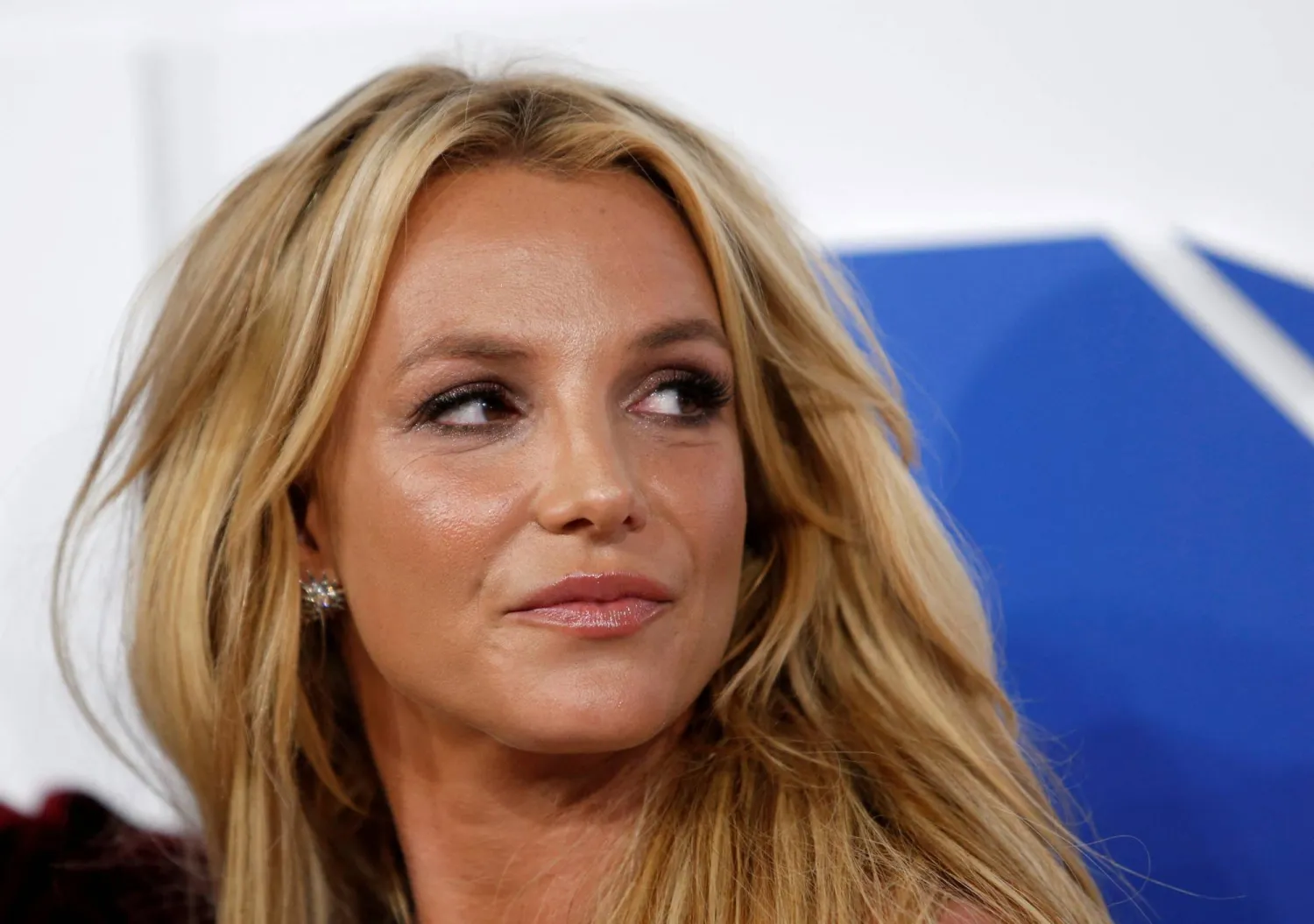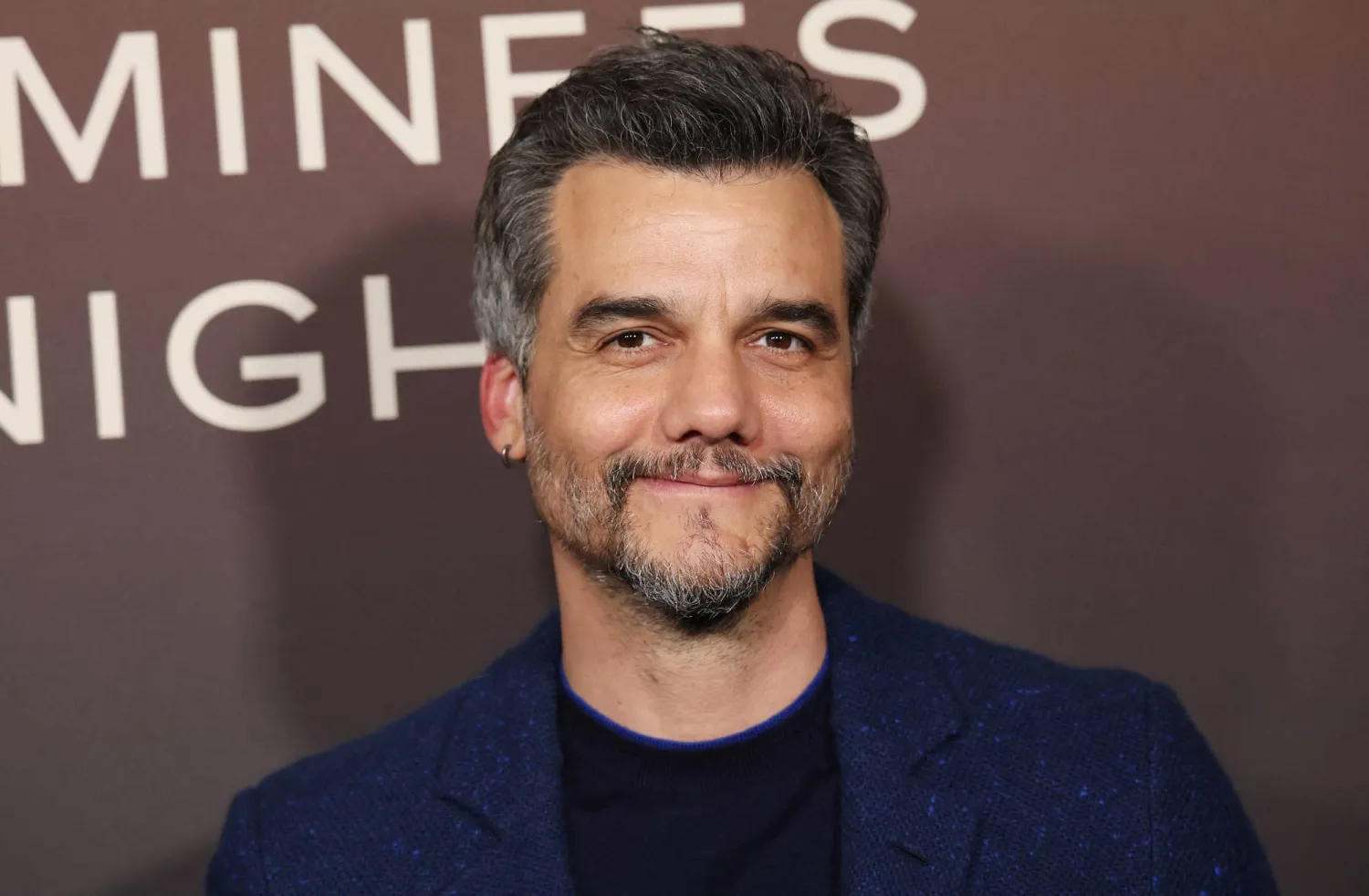As host of “The Daily Show” from 1999 to 2015, Jon Stewart changed comedy — and arguably journalism, too — with sharp, satirical takes on politics and current events. He became an essential part of the nation's conversation.
Now let's see if he can turn back time.
Stewart, who walked away from “The Daily Show” to much fanfare, returns to his old perch Monday night. He's agreed to host each Monday through the election, and to executive produce the weeknight show for Comedy Central into next year to help it through another transition.
Comebacks are hard enough in an industry that doesn't always reward second acts. Catching lightning again will be difficult — particularly at a time when late-night television is greatly diminished as a cultural force and others, some from Stewart's family tree, are now competitors.
It can be even tougher when, as Salon critic Melanie McFarland put it, the current Jon Stewart is forced to compete with memories of the old Jon Stewart.
“The world has changed,” says veteran television executive Doug Herzog, who hired Stewart and his successor, Trevor Noah, for Comedy Central. “The media environment has changed. The business has changed. It's just so different. I'll never speak for Jon, but he's always been about going forward, he's not about moving backwards. And that's what I would expect him to do.”
HE WAS FOUNDATIONAL TO THE WAY AMERICANS SEE POLITICS TODAY Let's pay homage to what Stewart achieved when he hit his stride in the early 2000s.
Political humor had largely consisted of tame one-liners before Stewart and his team of mock “correspondents” — people you've come to know well like Steve Carell and Stephen Colbert — dove into the news of the day. He exposed double-talk, pointed out hypocrisy and could draw laughter with a wide-eyed look of incredulousness or fear.
Studies found “The Daily Show” was a key news source for many young Americans. Stewart's comedy targeted journalists, too. CNN cancelled its political debate show “Crossfire” after Stewart skewered a then-bowtied Tucker Carlson. “The Daily Show” may not have pioneered the use of past video to prove a point, but it certainly reminded journalists of its effectiveness.
“Jon Stewart totally changed the face of late-night,” says Robert Thompson, director of the Bleier Center for Television and Popular Culture at Syracuse University. And the television executive who lured Stewart back, Chris McCarthy, called him “the voice of our generation.”
Stewart hasn't been talking about it publicly, although he did offer a joke — what else? — on social media. “After much reflection I have decided to enter the transfer portal for my last year of eligibility,” he said on X, formerly Twitter.
WHAT HE LEFT BEHIND He ended his previous hosting stint on Aug. 6, 2015, precisely as Trump emerged as a force in presidential politics. Some of Stewart’s fans were sorely disappointed that he was not there to offer his nightly take on the Trump presidency. Perhaps the chance to offer his voice during another Trump campaign proved irresistible.
Tough political humor didn't leave with Stewart and has even thrived. Colbert makes Donald Trump a nightly punching bag on CBS. John Oliver, an alumni of “The Daily Show,” has an award-winning, issue-oriented show on HBO. Another “Daily” vet, Samantha Bee, held forth on TBS from 2016 to 2022. Jimmy Kimmel and Seth Meyers are tartly topical, and Greg Gutfeld seeks laughs from a conservative perspective on Fox News Channel.
So Stewart will return to a crowded field of comics looking to mine much of the same material.
His appearances on Mondays — the same nights that Rachel Maddow does her once-a-week show on MSNBC — offer liberals a television murderer's row.
It's a more serious Stewart that fans have gotten to know since he left, both through his activism on behalf of rescue workers from Sept. 11, 2001, and his short-lived show on the Apple TV+ streaming service, “The Problem with Jon Stewart.” It's legitimate to ask whether his comedy will be able to get rolling again after a nine-year absence, on the air just once a week, and if he can assemble a staff of writers as good as he once had.
In short, can this dedicated Mets fan still throw the fastball?
COMING BACK CAN BE HARD TO DO Popular culture is littered with stars who tried to come back but could never recapture the magic — Arsenio Hall, Lucille Ball and Roseanne Barr are examples just from comedy. Name a musical act that reformed and substantially added to its legacy.
Often it had little to do with talent. The moment had simply passed, and Thompson worries that the same might be true now.
“There's something so 2010 about Jon Stewart now,” he says.
Late-night comedy has far less of an imprint on the culture now than it did when Americans turned off the bedroom light after hearing Johnny Carson's monologue, or even when Stewart went away.
Rather than stay up late, many Americans now log on to the Internet the next morning to catch late-night highlights, the best jokes. People who do stay up, young people in particular, are as apt to get lost on TikTok, play a video game or choose a show to stream.
“People don't talk about late-night anymore,” Herzog said. “Night in and night out, it doesn't play the same cultural role. We don't stay up to watch Johnny Carson anymore, Cher on David Letterman, whatever it was. I don't feel like it's there anymore. It's fragmented and gotten smaller, just like everything else.”
THE NUMBERS ARE SHRINKING During the 2014-15 season, “The Daily Show,” Jimmy Fallon's “Tonight,” Kimmel and Letterman in his last year at CBS collectively averaged 10.5 million viewers, according to the Nielsen company. The same four shows — Colbert now in place of Letterman — have 4.8 million viewers now. The shows took in $859 million in ad revenue in 2015. Through last November, the 2023 tally was $259 million, the ad intelligence provider Vivvix said.
Separate out “The Daily Show,” and the decline is much sharper. Stewart had more than 1.3 million viewers in his last season; Trevor Noah was down to 372,000 in 2022 and those numbers surely dropped last year with the botched effort to find a successor. During Stewart's last full year in 2014, “The Daily Show” earned an estimated $129 million in advertising revenue. Last year it was down to $19 million through November, per Vivvix.
Dominated for years by white men, the format has grown stale, Salon's McFarland says.
“I don't think the late-night scene is going to go away entirely,” she says. “But it needs to remake itself.”
Older viewers (at least, those who can stay up) will surely be curious to see if Stewart still has it. The same might not be true for younger people who know Stewart by reputation only. And is the 61-year-old the right person to pinpoint another generation of talent?
“Jon's got a way of seizing the moment,” Herzog says. “Everything has changed. We're not going back in time, but I do have the confidence that Jon will find a way forward. Jon is good that way.”
We'll see. No pressure.









